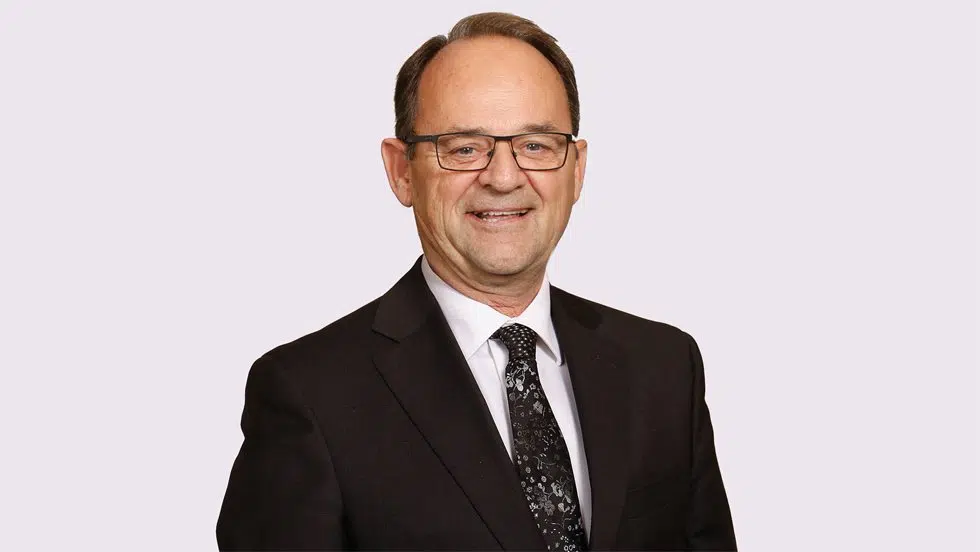
Election 2016: Meet candidate Herb Cox
The provincial election is on April 4 and The Battlefords constituency has four candidates vying for the MLA seat in Regina. Incumbent Herb Cox is running again as the SaskParty candidate.
Greg Higgins: If elected, how would you specifically help the following groups a) children under 18 b) young families c) seniors?
Herb Cox: I think we would continue on with some of the things we can do with people under 18 years old. We’ve done such things such as remove them from paying PST on clothing and what they buy which was initiated some time ago and will continue. I think a second thing we’re doing is 18 year olds are graduating high school and will be looking to go to university. We’ve got the Student Assisted Program where they can get $500 a year for four years off their tuition. Of course as they graduate we have a Graduate Retention Program which has been a great program with good uptake on that all the way along.
For young families, the same thing. We’re trying to save them the PST on buying goods for their children and I think some of those lower income families – we’ve taken over 114,000 people off provincial tax completely. Those are some of the things we will continue to do.


